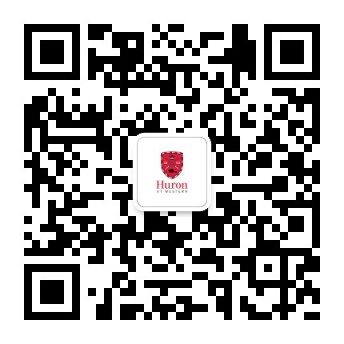Physician, Mount Sinai Hospital
The practice of medicine is not about cells. It's about human beings and that, above all else, is what the Liberal Arts teaches you to understand.
The Hippocratic Oath, one of the most widely known Greek texts, dictates that doctors uphold ethical standards, while treating patients to the best of their ability. The oath’s emphasis on humane treatment, rather than practical science, suggests that at the heart of medicine is just that – heart. Don Melady, who has been a practising physician for more than 25 years, reiterates this sentiment when he acknowledges what he believes is a huge misconception; “Many people believe you need to study sciences to succeed at medical school and to go on to have a successful medical career, but this is absolutely not true.”
The English graduate goes on to explain, “The practice of medicine is not about cells; it’s about human beings. Studying the Humanities makes you more knowledgeable about humans and the ways people function, think and feel,” he explains. “So, it makes sense studying that field will help you to be a more aware, intuitive, informed and sensitive physician.”
What does a day in the life of an Emergency physician look like? Don describes it as a series of real-life examples of reading Jane Austen or Charles Dickens. His career involves listening to stories and trying to understand what they really mean. He provides the best possible care for his patients by critically analyzing symptoms, medical reports and data patterns, which Don explains, is exactly what he learned to do when studying Romantic poetry at Huron University College.
Besides the skills to enhance emergency health care provision for vulnerable populations, what else did Don develop at Huron? His determination to create positive change – at home and abroad. “Huron has always had a strong social conscience, and this dedication certainly reflects their new direction for Liberal Arts education in Canada.” Directly following graduation from Huron, Don followed this conscience all the way to Nigeria where he worked for two years with medical professionals through an organization called CUFO.
From this experience, Don recognized his interest in practicing medicine and became passionate about making it his career. He completed his MCATs and entered the Faculty of Medicine at Western University where he continued to position himself as a Leader with Heart by starting an organization called Med Outreach. This student organization, which still exists today, supports a group of medical, dental and nursing students to go and work in developing countries.
Don has never slowed his drive to do great work where it’s needed most. He continues to be part of an organization that is developing a residency program in emergency medicine in Ethiopia. 10 years ago, there were no trained emergency physicians in a country of 100 million people. This program sends physicians to Addis Ababa, and Don supports the initiative by teaching these young doctors and developing the residency program.
Don encourages young people to recognize the straight and narrow isn’t always the route to success. In his experience, most faculties of medicine are quite open about their interest in candidates with diverse backgrounds. They encourage people to study broadly and pursue academic fields that are of interest to them.





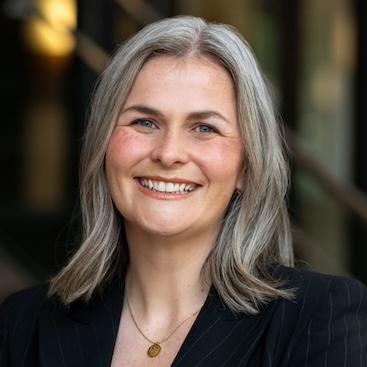
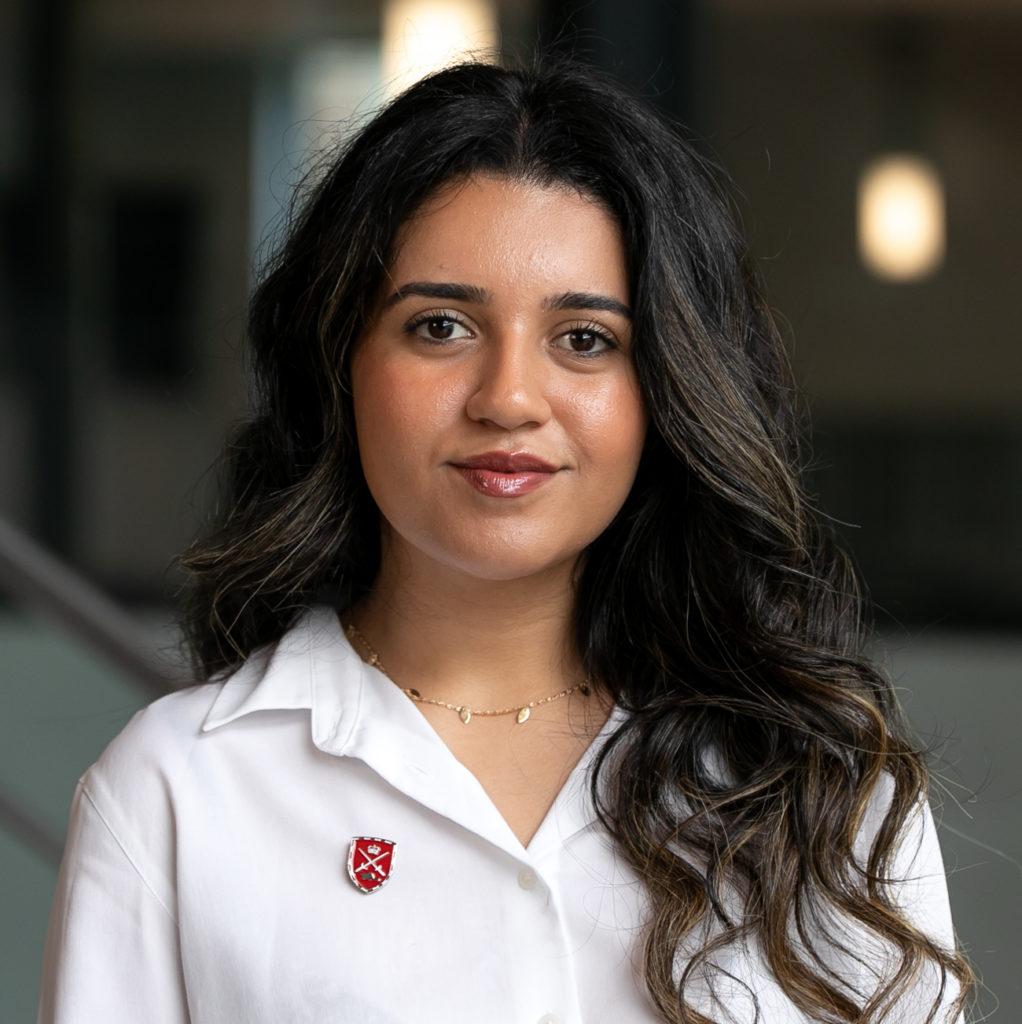
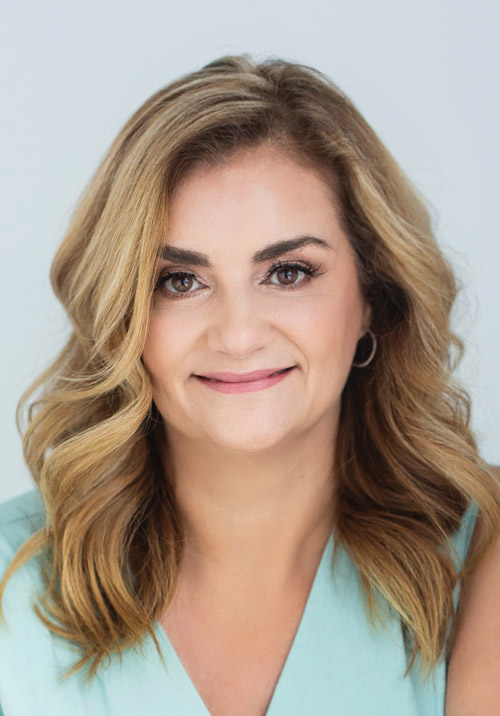 Lisa Jones Keenan is the Vice President of Sales at Xplornet Communications, the largest rural fixed wireless broadband service provider in Canada.
Lisa Jones Keenan is the Vice President of Sales at Xplornet Communications, the largest rural fixed wireless broadband service provider in Canada. 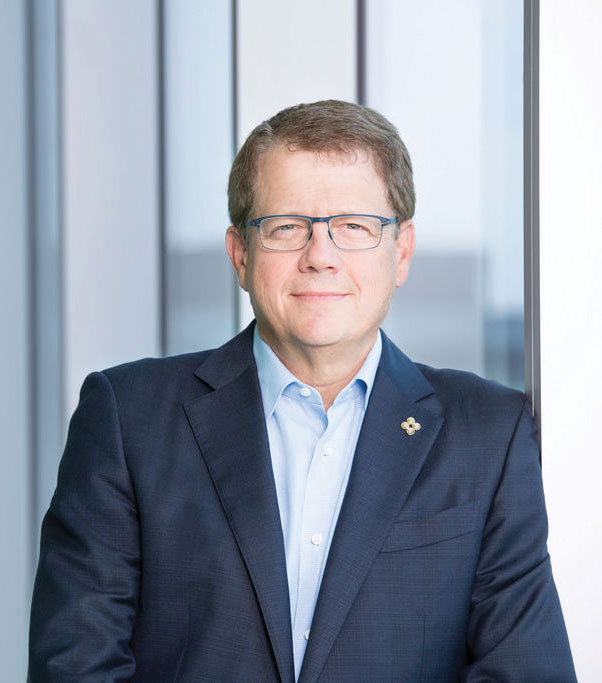
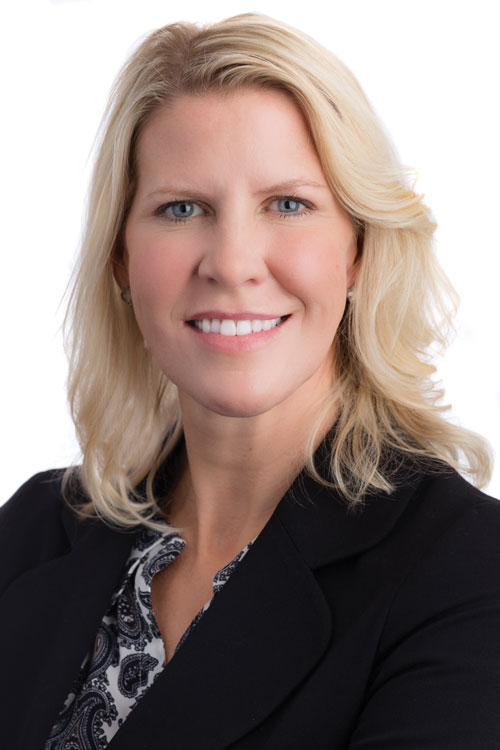 Leigh Allen is the AVP, Global Strategic Research, Reinsurance Group of America Inc., one of the world’s largest global life and reinsurance companies.
Leigh Allen is the AVP, Global Strategic Research, Reinsurance Group of America Inc., one of the world’s largest global life and reinsurance companies.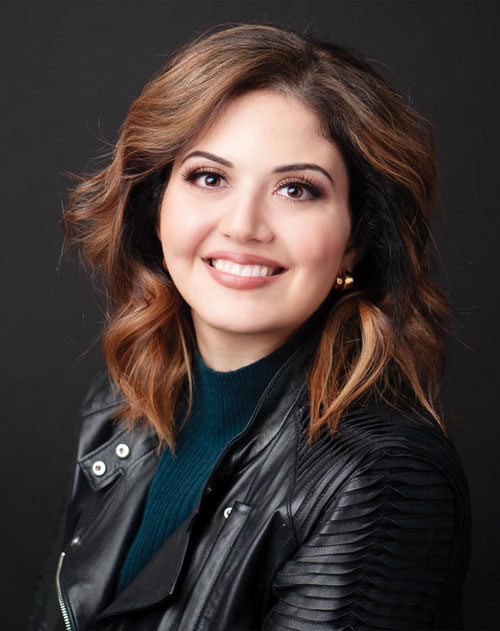 Yola Ventresca is a Managing Partner, Lerners LLP, Secretary of Huron’s Board of Governors and a Huron Class of ’02 alumni. Selected as one of Canada’s “Best Lawyers,” she is passionate about the value of Liberal Arts in helping students succeed in their careers.
Yola Ventresca is a Managing Partner, Lerners LLP, Secretary of Huron’s Board of Governors and a Huron Class of ’02 alumni. Selected as one of Canada’s “Best Lawyers,” she is passionate about the value of Liberal Arts in helping students succeed in their careers.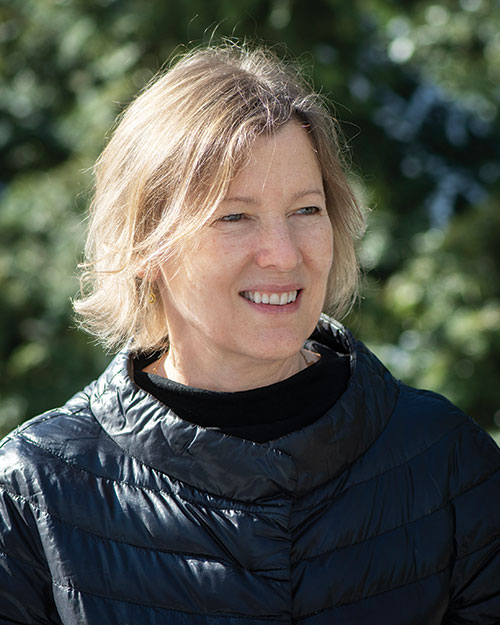 Susan Farrow is an Assistant Professor in The Temerty Faculty of Medicine at the University of Toronto and a Founding Partner and Co-Director of The Toronto Institute of Group Studies, an organization offering certified training and education in group leadership.
Susan Farrow is an Assistant Professor in The Temerty Faculty of Medicine at the University of Toronto and a Founding Partner and Co-Director of The Toronto Institute of Group Studies, an organization offering certified training and education in group leadership. 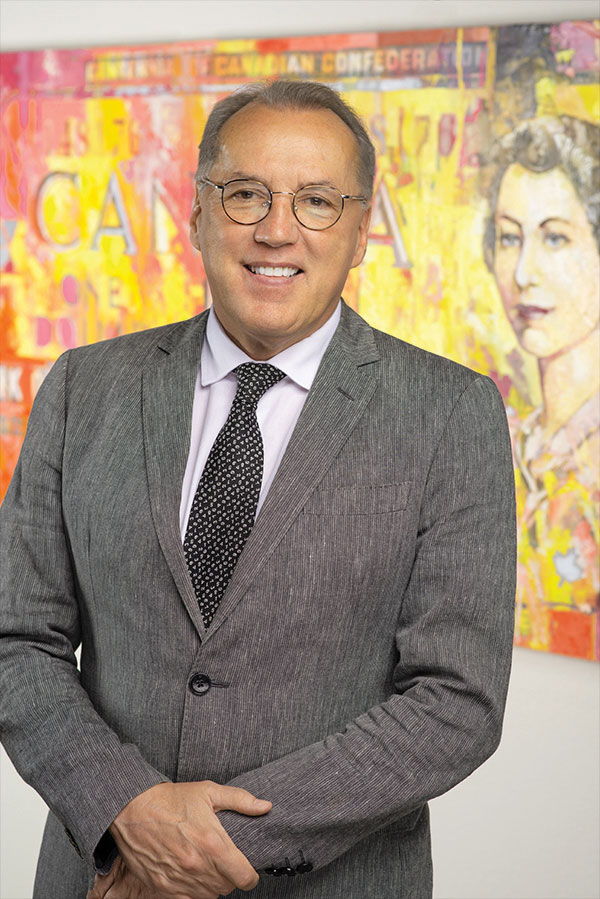 Frank Holmes is CEO and Chief Investment Officer of U.S. Global Investors, as well as a business commentator, philanthropist and Huron Class of ‘78 alumnus. Holmes also serves as the Executive Chairman of HIVE Blockchain Technologies, the first cryptocurrency mining company to go public in 2017.
Frank Holmes is CEO and Chief Investment Officer of U.S. Global Investors, as well as a business commentator, philanthropist and Huron Class of ‘78 alumnus. Holmes also serves as the Executive Chairman of HIVE Blockchain Technologies, the first cryptocurrency mining company to go public in 2017.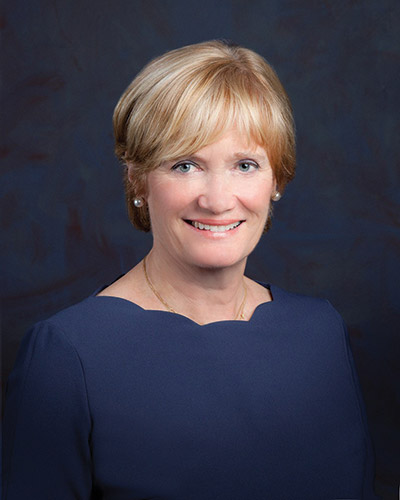 Kelly Meighen is an experienced philanthropist and volunteer. In her role as president of the T.R. Meighen Family Foundation, she has created a legacy of volunteerism and philanthropic giving in the areas of youth mental health advocacy, environmental conservation and cultural vibrancy.
Kelly Meighen is an experienced philanthropist and volunteer. In her role as president of the T.R. Meighen Family Foundation, she has created a legacy of volunteerism and philanthropic giving in the areas of youth mental health advocacy, environmental conservation and cultural vibrancy. 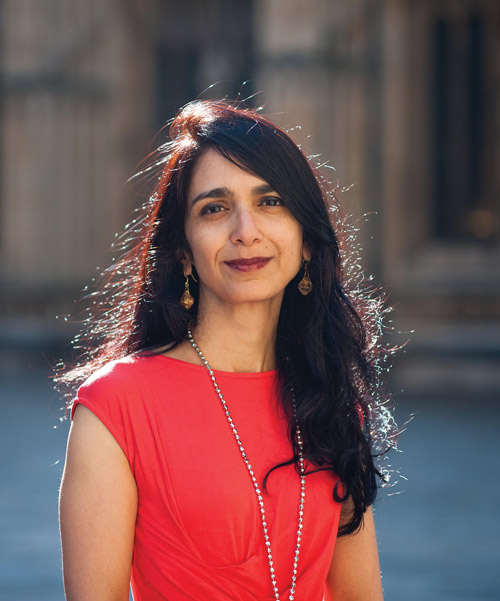 Ranjita is Executive Chair of the Oxford Global Partnership, advising investors, businesses, family offices and entrepreneurs on sustainable, inclusive and responsible value creation. A Business Fellow at Oxford University’s Smith School, Ranjita engages with companies on pursuing value with values, and teaches a postgraduate “Essentials of ESG & DEI” course.
Ranjita is Executive Chair of the Oxford Global Partnership, advising investors, businesses, family offices and entrepreneurs on sustainable, inclusive and responsible value creation. A Business Fellow at Oxford University’s Smith School, Ranjita engages with companies on pursuing value with values, and teaches a postgraduate “Essentials of ESG & DEI” course.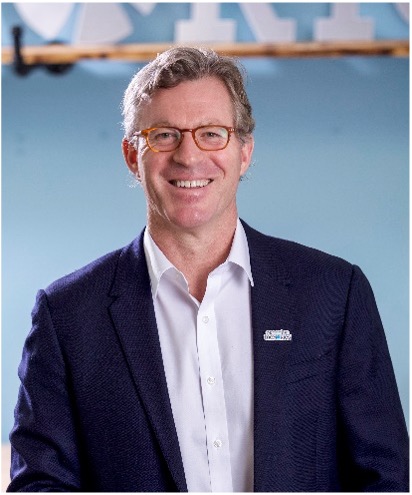 Caleb Hayhoe is the Founder & Chairman of Flowerdale Group and a Huron Class of ’85 Alumnus. Flowerdale Group is a Hong Kong based family office with a global investment outlook across public markets, real estate and private investment. Hayhoe previously spent over ten years building a global sourcing business together with an exceptional team, and remains committed to entrepreneurialism and helping great ideas become sustainable companies.
Caleb Hayhoe is the Founder & Chairman of Flowerdale Group and a Huron Class of ’85 Alumnus. Flowerdale Group is a Hong Kong based family office with a global investment outlook across public markets, real estate and private investment. Hayhoe previously spent over ten years building a global sourcing business together with an exceptional team, and remains committed to entrepreneurialism and helping great ideas become sustainable companies.



